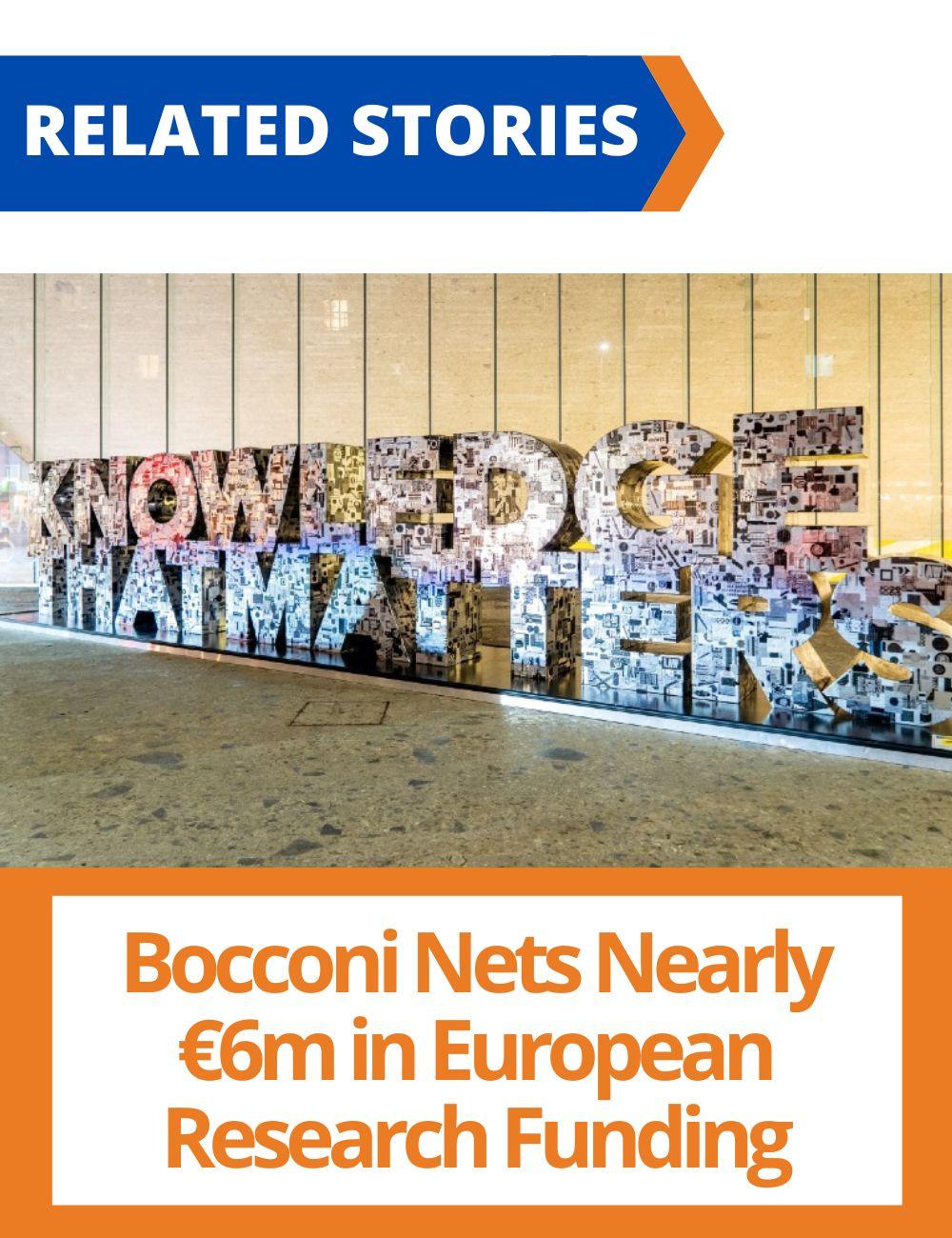
The Hidden Workings of Overlooked OTC Markets
Most of the literature on financial markets deals with centralized, extremely liquid markets, such as stock exchanges, but 90% of financial assets across the world, including most of the fixed-income instruments issued by sovereigns, municipals, and corporates, trade in decentralized, Over-the-Counter (OTC) markets.
In OTC markets, there is no centralized marketplace, investors need to search for counterparties that are willing to trade, and liquidity is very limited.
Florian Nagler, Assistant Professor at Bocconi Department of Finance, obtained a €1.4mln ERC Starting Grant from the European Research Council (ERC) to better understand the workings of OTC markets. In particular, he wants to explain the existence of non-traded assets (NTAs). In the US corporate bond market, for instance, 60% of assets do not trade on a daily basis, 25% of assets do not trade on a monthly basis, and 10% of assets never trade.
"Illiquidity could be due to market frictions, that is, hurdles that prevent OTC markets from working properly, or due to agency frictions, that is, the will of the actors," Dr Nagler said. "In the first case, regulators should remove such frictions, presumably centralizing OTC markets in order to increase price transparency and cut search costs. If agency is the point, though, this kind of regulation could even turn out to be detrimental."
The NTAOTC (Non-Traded Assets in Over-the-Counter Markets) project will, first, investigate the role of market frictions, namely search frictions and financial intermediates, for NTAs.
Dr Nagler is currently working on extracting trades in US corporate bonds since 1990. In such a long period, various shocks affecting search frictions have occurred (e.g. the introduction of new, transparency-enhancing technologies or the default of Lehman Brothers, which deprived OTC markets of a major dealer), allowing Dr Nagler to analyze whether NTAs increase with search frictions or not.
Since some theories suggest that intermediaries' health affects assets prices and risk premia, Dr Nagler will test whether it also affects OTC markets' liquidity.
The agency frictions explanation, that Dr Nagler will also investigate, postulates that NTAs can be in the interest of both investors and corporate issuers. According to this theory, corporate bonds are often sold to "relationship investors", who accumulate bonds of the same corporation in exchange for a better price and keep them for long periods. If bonds are not traded, corporates, on their side, can easily identify the investors to negotiate with if they need to restructure their debt. "In this case," Dr Nagler concluded, "making OTC markets more liquid would multiply and anonymize investors, and the relational component would be lost."



ERC Starting Grants can be assigned to talented early-career researchers of any nationality with 2-7 years of experience since completion of their PhD, a scientific track record showing real promise and an excellent research proposal. For researchers in the subsequent stages of their career, the ERC provides Consolidator Grants and Advanced Grants.
Financial Markets Beyond Stock Exchanges
